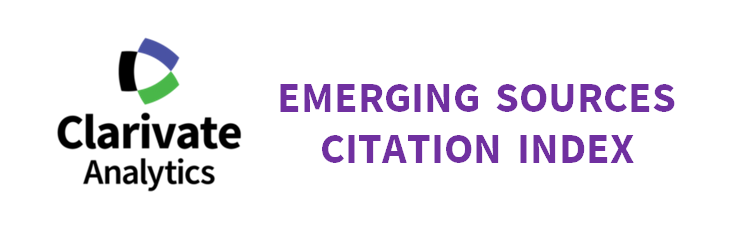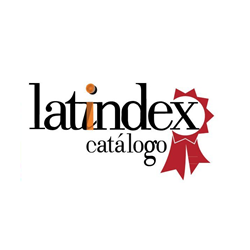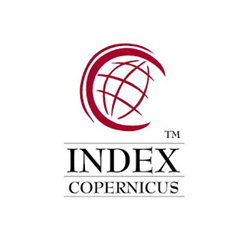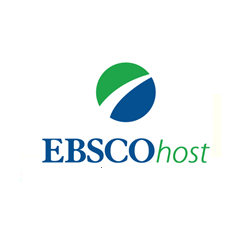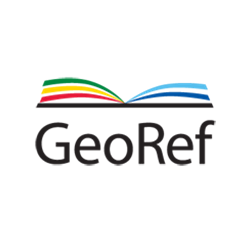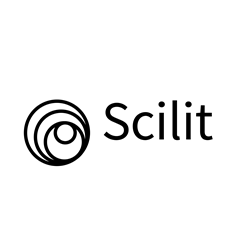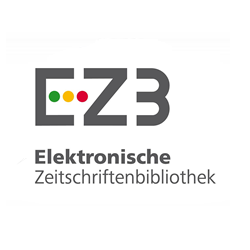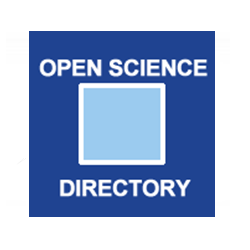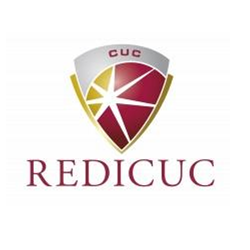Software Engineering: requirements quality assurance in the software industry in the Colombian Eje Cafetero
DOI:
https://doi.org/10.17981/ingecuc.15.2.2019.11Keywords:
MSMEs, Software Development, software engineering, software quality assurance, SQA, requirements quality assurance, RQA, requirements quality assurance modelAbstract
Introduction: Software engineering, as a discipline, is represented in a series of subdisciplines and good practices. One of them, software quality assurance and, within it, requirements quality. This research explores and describes the situation in the Coffee Axis (Colombia), contrasts it with the international literature and proposes lines of action to improve the software development process from the assurance of the quality of the requirements.
Objective: Characterize the practices of the local software industry and its relationship with quality assurance, particularly in the requirements phase.
Method: The methodology used in the research was mainly descriptive and exploratory, in which a non-probabilistic convenience sampling was used in which 23 companies participated and the information was collected through a survey.
Results: Input data for the formulation of a model for the assurance of the quality of the requirements in the local software industry.
Conclusions: Most of the projects undertaken in the local industry are in the hands of one-person organizations or MSMEs; Organizations that mostly avoid following accepted and recognized global standards or methodologies, thus leading to the definition of requisites, in the case of this report, to a minimum of expression and thus increasing the statistics of failed projects.
Downloads
References
A. Toro Lazo y J. G. Gálvez Botero, «Procedimiento para especificar y validar requisitos de software en MiPymes desarrolladoras de software de la ciudad de pereira, basado en estudios previos de la región,» Universidad Autónoma de Manizalez, Manizales, 2017.
L. E. Pelaez, A. Toro y L. Cardona, «Estado del Arte que Soporta el Proceso de Desarrollo de Software: Una mirada desde las Organizaciones que tratan la disciplina,» Entre Ciencia e Ingeniería, nº 10, pp. 93-107, 2011.
D. C. Lopera Carmona, «Análisis estratégico de la industria colombiana de software a partir de la simulación de escenarios de competencia utilizando Dinámica de Sistemas,» 2012. [En línea]. Available: http://www.bdigital.unal.edu.co/8466/1/39175215.2012.pdf. [Último acceso: 23 05 2014].
P. B. T. &. F. S. Marques, Desafíos y oportunidades de la industria del software en América Latina, Bogotá D.C: CEPAL, Mayol Ediciones, 2009.
OCDE, «Information Economy - Sector Definitions based on the International Standard Industry Classification,» OCDE, Paris, 2007.
R. Pressman, Ingeniería Del Software, un enfoque práctico, New York: McGraw-hil Interamericana, 2010.
IEEE, The Joint Task Force on Computing Curricula Association for Computing Machinery (ACM) IEEE Computer Society, Piscataway: IEEE Computer Society, 2013.
IEEE, SWEBOK Guide V3.0, Piscataway: IEEE, 2014.
ISO, ISO/IEC 2382:2015. Information technology -- Vocabulary, Ginebra: ISO, 2015.
M. Shaw, «Progress toward an Engineering Discipline of Software.,» 2016 IEEE/ACM 38th IEEE International Conference on Software Engineering Companion (ICSE-C), 2016.
IEEE Computer Society, SWEBOK V3.0. Guide to the Software Engineering Body Of Knowledge, IEEE Computer Society, 2014.
ISO, ISO/IEC TS 25011:2017, Ginebra: ISO, 2017.
D. Heimann, «IEEE Standard 730-2014 Software Quality Assurance Processes,» IEEE Standard 730-2014 Software Quality Assurance Processes, 2015.
CMMI Product Team, CMMI for Development, Version 1.3 (CMU/SEI-2010-TR-033), Hanscom: Carnegie Mellon University, 2010.
IEEE, «IEEE Software Engineering Standard: Glossary of Software Engineering Terminology,» 1993. [En línea]. Available: http://dis.unal.edu.co/~icasta/GGP/_Ver_2012_1/Documentos/Normas/610-12-1990.pdf. [Último acceso: 01 07 2014].
RAE, «Requerimiento,» 2014. [En línea]. Available: http://buscon.rae.es/drae/srv/search?val=requerimiento. [Último acceso: 15 12 2015].
I. Sommerville, Ingenieria del Software, Séptima Edición ed., Madrid: Pearson Educación S.A, 2005.
R. Oberg, L. Probasco y M. Ericsson, «Applying requirements management with use cases,» 2003. [En línea]. Available: http://www.uml.org.cn/RequirementProject/pdf/apprmuc.pdf.
K. Wiegers y J. Beaty, Software Requierements, Third Edition ed., Redmon, Washington: Microsoft Press, 2013.
A. Toro Lazo y J. G. Gálvez Botero, «Especificación de requisitos de software: una mirada desde la revisión teórica de antecedentes,» Entre Ciencia e Ingeniería, vol. 10, nº 19, pp. 108-113, 2016.
F. J. Ibañez, «Informe de Caracterización del Sector,» Pereira, 2017.
IGAC, «Geoportal Instituto Geográfico Agustín Codazzi (IGAC),» [En línea]. Available: http://geoportal.igac.gov.co/. [Último acceso: 30 07 2017].
L. E. Peláez Valencia, «SWEBOK – IEEE | Guide to the Software Engineering Body of Knowledge; Un resumen ejecutivo,» Pereira, 2010.
C. A. De la Cruz Londoño y G. A. Castro Guevara, «Metodología para la adquisición y gestión de requerimientos en el desarrollo de software para pequeñas y medianas (tesis de posgrado),» Universidad Tecnológica de Pereira, Pereira, 2014.
FEDESOFT, «Estudio para la caracterización del sector de productos y servicios de la industria de software y servicios asociados,» Fedesoft, Bogotá, 2013.
A. Burgos Pintos y S. M. Garbarino de la Rosa, «Agile modeling,» 2010. [En línea]. Available: http://osl2.uca.es/wikiCE/index.php/Agile_modeling.
B. Martínez Vaca y C. A. Ospina Arredondo, «Proceso para la formulación de inicitaivas de requerimientos de software a partir de los objetivos estratégicos organizacionales (tesis de maestría),» Santiago de Cali, 2011.

Published
How to Cite
Issue
Section
License
Copyright (c) 2019 INGE CUC

This work is licensed under a Creative Commons Attribution-NonCommercial-NoDerivatives 4.0 International License.
Published papers are the exclusive responsibility of their authors and do not necessary reflect the opinions of the editorial committee.
INGE CUC Journal respects the moral rights of its authors, whom must cede the editorial committee the patrimonial rights of the published material. In turn, the authors inform that the current work is unpublished and has not been previously published.
All articles are licensed under a Creative Commons Attribution-NonCommercial-NoDerivatives 4.0 International License.


 English
English
 Español (España)
Español (España)
